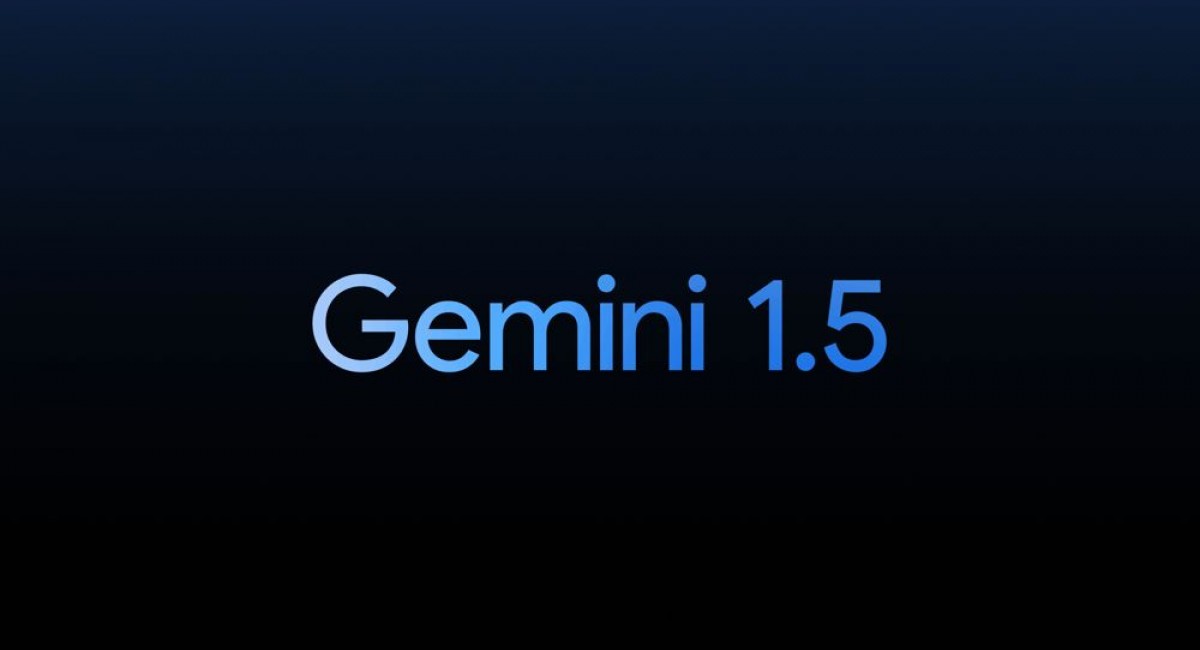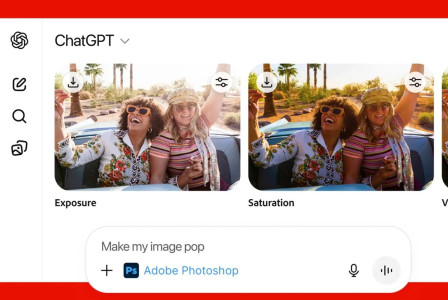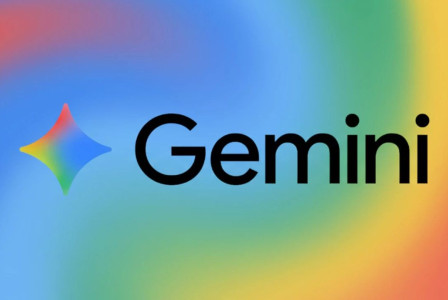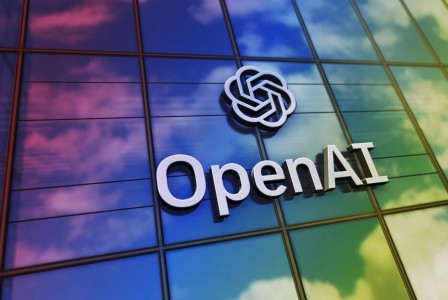SEARCH
Google announces Gemini 1.5 to elevate the AI industry

SHARE IT
Google has announced the successor to Gemini, a huge language model that aims to elevate the AI industry. Google is releasing Gemini 1.5 today, making it available to developers and corporate customers ahead of a complete consumer deployment soon. The firm is committed to using Gemini as a business tool, personal assistant, and beyond, and is actively pursuing this strategy.
There are several enhancements in Gemini 1.5: Google's general-purpose model, Gemini 1.5 Pro, is comparable to the high-end Gemini Ultra, which was just announced. It outperformed Gemini 1.0 Pro in 87% of benchmark tests. It was created using an increasingly popular approach known as "Mixture of Experts," or MoE, which means that when you put in a query, it just runs a portion of the total model rather than the entire thing at once. (Here is a decent explanation on the matter.) This method should make the model faster for you to use while also making Google's operations more efficient.
But there's one new thing in Gemini 1.5 that has the entire company, starting with CEO Sundar Pichai, very excited: Gemini 1.5 features a massive context window, which allows it to process significantly larger queries and view much more data at once. That window contains a massive 1 million tokens, as opposed to 128,000 for OpenAI's GPT-4 and 32,000 for the current Gemini Pro. Tokens are a difficult measure to understand (here's a nice discussion), so Pichai simplifies it: "It's about 10 or 11 hours of video, tens of thousands of lines of code." The context pane allows you to query the AI bot about all of the content at once.
Pichai casually mentions that the context window is large enough to accommodate the full Lord of the Rings trilogy. This seems too detailed, so I ask him whether it has already happened. Someone at Google is just checking to see if Gemini detects any continuity flaws, attempting to comprehend Middle-earth's intricate lineage, and testing whether AI can finally make sense of Tom Bombadil. "I'm sure it has happened," Pichai laughs, "or will happen—one of the two."
Pichai believes the expanded context pane will be quite valuable for enterprises. "This allows use cases where you can add a lot of personal context and information at the moment of the query," he said. "Think of it as we have dramatically expanded the query window." He imagines filmmakers uploading their entire film and asking Gemini what reviews would think, and businesses employing Gemini to sift through massive amounts of financial data. "I view it as one of the bigger breakthroughs we have done," he said.
Gemini 1.5 is currently exclusively available to commercial users and developers via Google's Vertex AI and AI Studio. The regular version of Gemini Pro, available at gemini.google.com and in the company's apps, will eventually replace Gemini 1.0. It will feature a 128,000-token context window. You will have to pay more to reach the million. Google is also investigating the model's safety and ethical bounds, particularly with relation to the newly expanded context window.
Google is currently in a competition to create the finest AI tool, as businesses around the world try to determine their own AI strategy — and whether to sign developer agreements with OpenAI, Google, or someone else. OpenAI's recent announcement of "memory" for ChatGPT suggests a potential expansion to web search. While Gemini appears to be amazing for those already in Google's ecosystem, there is still more work to be done from all sides.
According to Pichai, all of these 1.0s and 1.5s, Pros and Ultras, and corporate conflicts will eventually become irrelevant to users. "People will just be consuming the experiences," he said. "It's like using a smartphone without always paying attention to the processor underneath." But, he continues, we're still at the phase where everyone is aware of the chip within their phone because it's important. "The underlying technology is shifting so fast," he said. "People do care."
MORE NEWS FOR YOU

 Help & Support
Help & Support 

